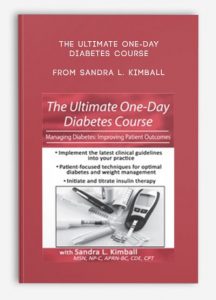 The Ultimate One-Day Diabetes Course from Sandra L. Kimball
The Ultimate One-Day Diabetes Course from Sandra L. Kimball
More information about Medical:
Medicine is the science and practice of establishing the diagnosis, prognosis, treatment, and prevention of disease.
Medicine encompasses a variety of health care practices evolved to maintain and restore health by the prevention and treatment of illness.
Contemporary medicine applies biomedical sciences, biomedical research, genetics, and medical technology to diagnose, treat, and prevent injury and disease,
typically through pharmaceuticals or surgery, but also through therapies as diverse as psychotherapy, external splints and traction, medical devices, biologics, and ionizing radiation, amongst others.
Medicine has been around for thousands of years, during most of which it was an art (an area of skill and knowledge) frequently having connections to the religious and
philosophical beliefs of local culture. For example, a medicine man would apply herbs and say prayers for healing, or an ancient philosopher and physician would apply bloodletting according to the theories of humorism.
In recent centuries, since the advent of modern science, most medicine has become a combination of art and science (both basic and applied, under the umbrella of medical science).
While stitching technique for sutures is an art learned through practice, the knowledge of what happens at the cellular and molecular level in the tissues being stitched arises through science.
Outline:
- Physiology of Diabetes
- Classifications of Diabetes
- Type 1
- Type 2
- Type 3? – Future Classifications
- Maturity-Onset Diabetes of the Young (MODY)
- Gestational
- Medication-induced
- Chronic Disease-induced
- Cost of Diabetes
- Classifications of Diabetes
- Progression of Diabetes
- Identify Pre-diabetes
- Beta Cell Function
- Complications
- Acute Complications
- Chronic Complications
- Implement Interventions
- Screening for Diabetes
- Children
- Race/Ethnicity
- S/S of Insulin Resistance
- Gestational Diabetes Mellitus (GDM) and Polycystic Ovarian Syndrome (PCOS)
- BMI Greater than 85% in Children
- BMI Greater than 25% in Adults
- Medication-Induced
- Chronic Diseases/Stress-Induced
- Diagnosis: ADA Criteria for Diagnosis
- Pre-Diabetes
- Diabetes
- Future Diagnosis of Diabetes
- Treatment Goals: Landmark Studies
- Monitoring: Annual Goals
- Management Options
- Medication
- Correct Medication
- Correct Dosage
- Correct Time
- Normalizing BG
- Medication
- Insulins
- Insulins (charts)
- Insulin Delivery Systems
- Insulin Pumps
- Pattern Management
- Basal rate 1800/1500 rule
- Bolus rate 500/450 rule
- Inhalable Insulins
- Oral Agents for Type 2 Diabetes
- Injectables
- AADE7 Self-Care Behaviors for Treatment
- Healthy Eating
- Being Active
- Monitoring
- Taking Medication
- Problem Solving
- Healthy Coping
- Reducing Risks
- Assessing Readiness for Change
- Potential Problems
- Solutions
- Prevention
Description:
As a healthcare professional, you need sufficient diabetes knowledge to provide safe, competent care to patients with diabetes and pre-diabetes. Diabetes is becoming more complex and it is critical that you understand the latest strategies in insulin delivery, blood glucose monitoring, AADE 7, and nutrition to give your patients the best outcomes.
National diabetes expert, Sandra L. Kimball, BA, RN, MS, NP-C, CDE, CPT, in this patient-focused one-day seminar on diabetes will leave you with new management techniques and tips to improve the outcomes of patients with diabetes and pre-diabetes, as well as how to implement the latest clinical guidelines to optimize the quality of life of your patients and prevent further complications.


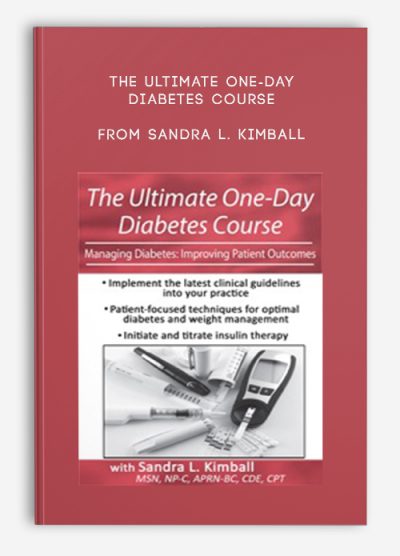

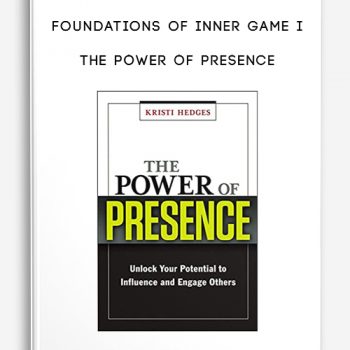




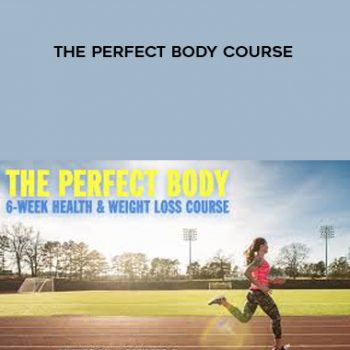
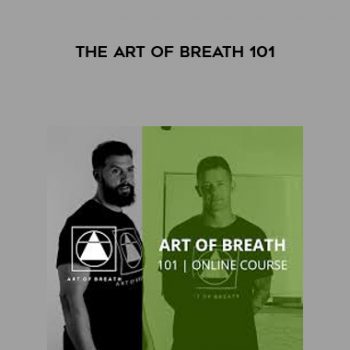
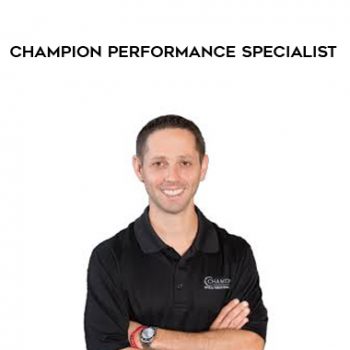

tristian –
This is Digital Download service, the course is available at Coursecui.com and Email download delivery.